Applied Optimal Designs
There is an increasing need to rein in the cost of scientific study without sacrificing accuracy in statistical inference. Optimal design is the judicious allocation of resources to achieve the objectives of studies using minimal cost via careful statistical planning. Researchers and practitioners in various fields of applied science are now beginning to recognize the advantages and potential of optimal experimental design. Applied Optimal Designs is the first book to catalogue the application of optimal design to real problems, documenting its widespread use across disciplines as diverse as drug development, education and ground water modelling. Includes contributions covering: Bayesian design for measuring cerebral blood-flow Optimal designs for biological models Computer adaptive testing Ground water modelling Epidemiological studies and pharmacological models Applied Optimal Designs bridges the gap between theory and practice, drawing together a selection of incisive articles from reputed collaborators. Broad in scope and inter-disciplinary in appeal, this book highlights the variety of opportunities available through the use of optimal design. The wide range of applications presented here should appeal to statisticians working with optimal designs, and to practitioners new to the theory and concepts involved.
{{comment.content}}
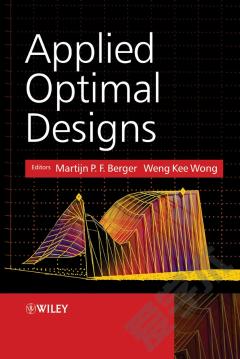
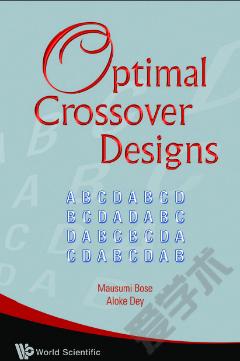
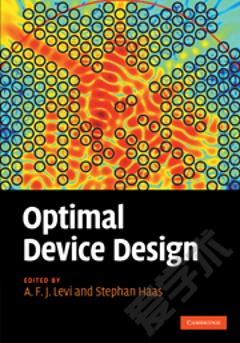
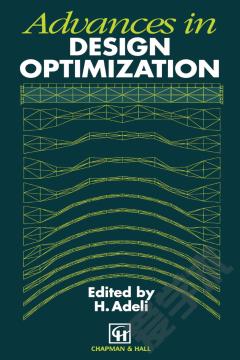


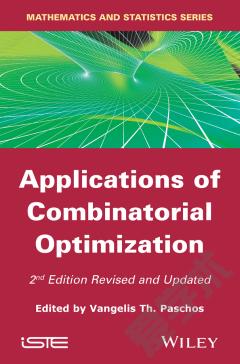

 京公网安备 11010802027623号
京公网安备 11010802027623号